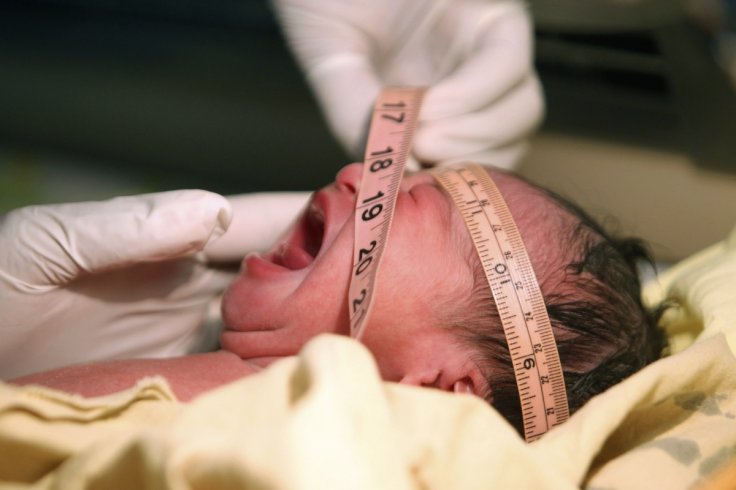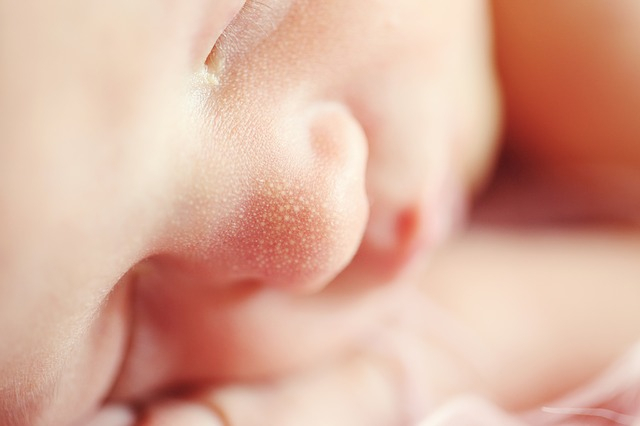The bacteria which live inside the human body, including the gut, have an important role to play in terms of making the immune system healthier. But C-section babies don't get the microbes—which may help prevent disorders such as allergies and asthma—that come from vaginal birth. But researchers found a bizarre but scientific solution for these babies.
As per a new study, feeding the C-section babies a small number of their mothers' feces could help them to normalize the gut microbe and most likely make the immune system much healthier. Babies born vaginally get the microbes from the mother's perineum—the area between the genitals and the anus—while C-section babies get it from mom's skin.
But as per researchers, there are differences—Bacteroides and Bifidobacteria bacteria are abundant in the guts of vaginally born babies, while these are almost absent in C-section babies. Since C-section babies have more risk of developing immunity-related disorders in the future, scientists believe that this-early life bacteria could help to build a stronger immune system during critical development time.

Healthy Babies
Earlier scientists have seeded the C-section babies with their mother's microbiota from the vagina, but it did not work the way researchers assumed. As per Willem de Vos, a microbiome scientist at the University of Helsinki and his colleagues, the babies born normally might have received the microbes from accidentally ingesting a small amount of their mother's stool during the birth.
The researchers analyzed 17 mothers who were prepared to give birth via C-section and three weeks before the birth of their babies, the scientists scanned their fecal samples for pathogens including group B Streptococcus and herpesvirus. They found seven of them had pathogen-free samples.

After the birth of the babies, the team of researchers mixed 3.5 to 7 milligrams of their diluted fecal matter in the breast milk from a milk bank and those mothers. The mixture was then given to the newborns. Later, they checked the babies' gut microbes by sequencing the genetic material in the feces.
The researchers started to analyze the meconium—the earliest stool of an infant—and continued sampling regularly for 12 weeks. As per the study finding, which was published in Cell, scientists noticed that the treated babies' microbiota had evolved to resemble those of vaginally born babies within three weeks.
John Penders, a medical microbiologist at Maastricht University said that as of now there is no clarity on how much babies ingest naturally, "so getting the right dose requires careful testing." He believes that longer studies with more infants would ensure what dose would be safe for the infants. De Vos and his colleagues have already started such a study to find out the right dosage. However, De Vos said that the fecal transplant requires careful medical management and it is not something which parents should try at home.









